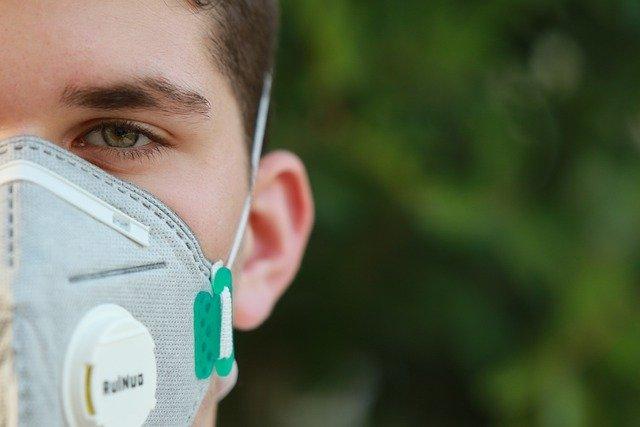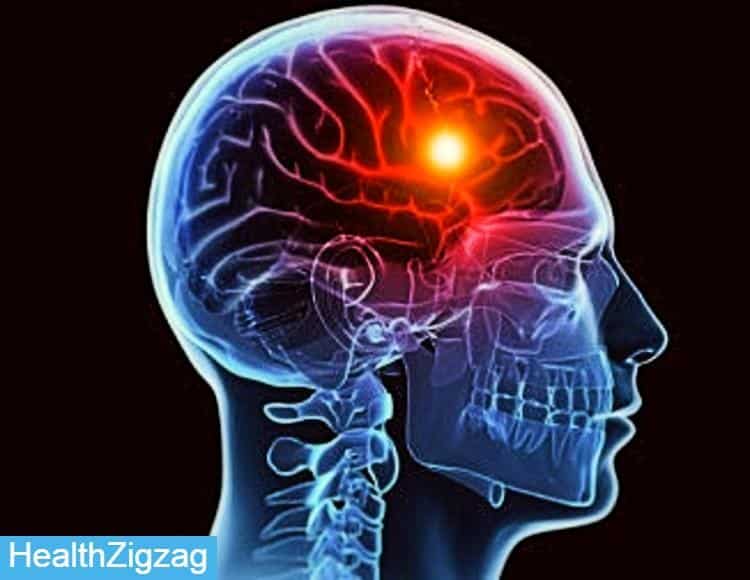
Coronavirus could cause strokes in young adults
Recent reports from New York City raise suspicion that the coronavirus may cause strokes, especially in young people. Cases have already been reported, and there are various hypotheses.
In the context of the COVID-19 pandemic that started in Wuhan, China in late 2019 and is now ravaging the world, new data on the disease is constantly appearing. Health teams are more attentive to the manifestations and seem to discover new side effects of the virus, including the possibility of coronavirus strokes.
In a news story reported by The Washington Post, United States doctors report having registered an increase in cases of strokes, especially in young people infected with the coronavirus.
This is in addition to reports from China, where Wuhan neurologists have found that up to 36% of patients hospitalized for SARS-CoV-2 had any neurological symptoms. Which denotes some underlying involvement linked to the brain and neurons.
Read Also
- Coronavirus in children: everything you need to know
- What are the factors that can delay the spread of COVID-19?
- What are the factors that can delay the spread of COVID-19?
Theories about the increase in stroke cases in patients with coronavirus focus on three possible mechanisms:
- The neurotropism of the virus, being able to infect neurons and, within this framework, generate changes in the central nervous system that lead to neurological symptoms, compromising the brain.
- The coagulopathies arising from infection by faults in platelets and clotting factors.
- The cytokine storm, which consists of an abrupt reaction of the immune system in its fight against infection, with side effects including changes in coagulation.
Does coronavirus infect the brain?
We know that the coronavirus has as its main objective the cells of the pulmonary alveoli. It enters them through the ACE2 protein, which functions as a receptor for its surface spicules.
But we also have these receptors in other cells, so the researchers suspect that SARS-CoV-2 could enter other tissues, just as it does through the lung route. As far as neurons are concerned, admission is not fully scientifically proven by trials, but as with the kidney, the symptoms of the patient point in that direction.
The presence of strokes in young people with coronavirus could be included in the list of symptoms and neurological disorders that are recorded among patients. We should, of course, include anosmia, about which there is little doubt that it is an initial neurological sign in asymptomatic patients.
Strokes and coagulation failure due to coronavirus
Reports from less than a week ago show that there are cases where patients with COVID-19 have failures in their coagulation system. These failures involve coagulopathies and the detection of antiphospholipid antibodies.
When a person has these failures, whatever their underlying disease, they are at high risk of infarction in one of their vital organs. You can have a heart or brain attack, for example.
So, the possibility of a stroke in coronavirus patients is not far off, even if it is someone young. Despite having a robust immune system, an adult in his 30s and 40s can do little to stop a clotting cascade from breaking loose in his blood.
Let’s remember that strokes can be of two types: ischemic and hemorrhagic. In the former, an obstruction of the blood vessels with clots occurs and an area of the brain stops receiving irrigation. In the seconds there is a breakage of glass, with the result similar to the previous one.
Cytokine storm

Cytokine storm is an expression used in medicine to refer to a common process among patients with sepsis. They are people who have a generalized infection in their body, along with an uncontrolled response from the immune system.
Cytokines are substances that the human immune system uses to communicate. Defense cells make these cytokines to send a message to other, more distant cells, or to activate proteins and receptors. If using a powerful infection this means of communication overproduces messages, it carries an enormous inflammatory activation.
Cytokine storm is severe and difficult to control with medication. It is closely linked to fatal cases of COVID-19, and much of the research to find drugs points to cytokine inhibitors.
In a cytokine storm picture, neurologic involvement and stroke are possible due to coronaviruses. Even if it is someone young, if a cytokine storm breaks out, the body is not in a position to stop it easily.
Should young people be concerned about coronavirus strokes?
The concern has to do with early detection. Doctors who spoke to The Washington Post reported that many consulted late because they did not want to go to a guard and get coronavirus. The problem was that they were already infected.
When symptoms are compatible with a stroke, the consultation cannot be delayed. If severe headache, vision disturbances, tingling, and paralysis of the face or half of the limbs are present, emergency services should be notified.
You May Like Also




